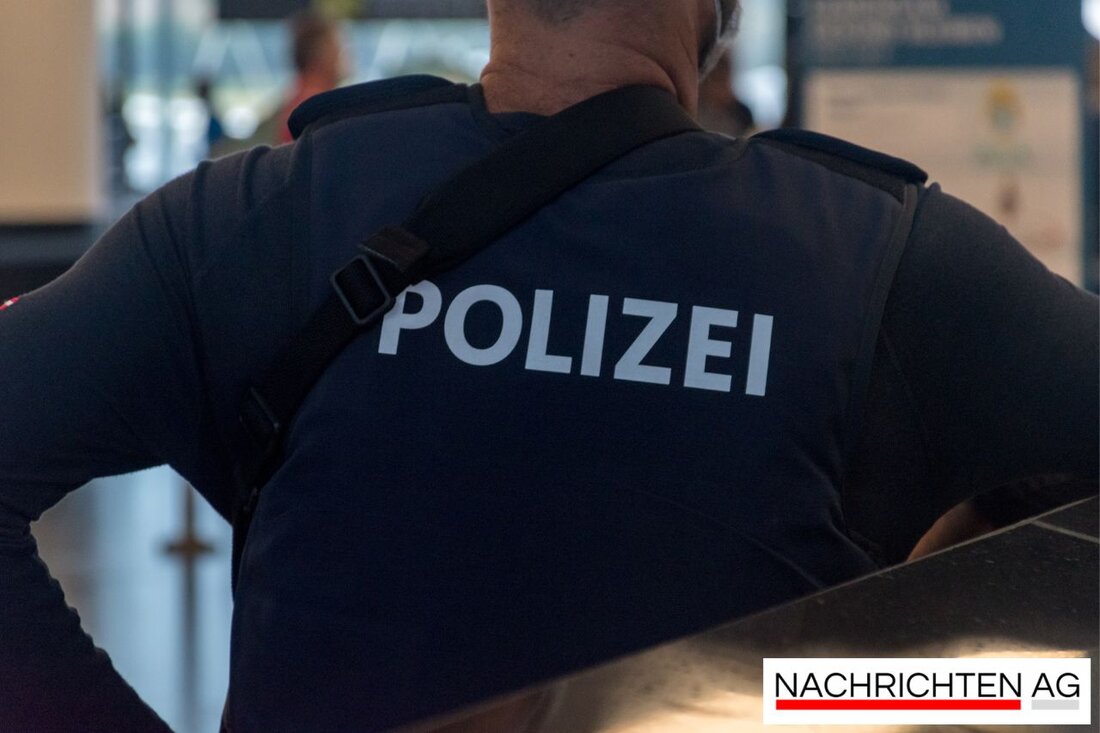Riot in Eldena: Attempt at mediation after brawl with Syrians failed!
In Eldena, a conflict between residents and a Syrian family escalated, requiring police deployment and mediation talks.

Riot in Eldena: Attempt at mediation after brawl with Syrians failed!
In Eldena, a small town in northern Germany, things have been bubbling beneath the surface for several months. What began as a harmless argument between two 10-year-old children on June 27 quickly escalated into a physical brawl that embroiled the village community and a Syrian family in a heated conflict.
The situation became so serious that the police had to arrive. She came with two patrol cars and had to take care of a slightly injured person and several criminal charges. In a letter to villagers, the Syrian family said they were experiencing racist attacks in their neighborhood, further inflaming tensions. Mayor Oliver Kann and police chief Gilbert Küchler then spoke out in favor of an arbitration meeting, which took place in a community room.
Tense conversations
The mood at this arbitration meeting was anything but relaxed. There were accusations on both sides. The Syrian family reported being harassed and insulted at night, while their German neighbors complained about their children's fears. An agreement initially failed due to the deep-rooted differences, but in the end the head of the Syrian family expressed the wish to be left alone - a demand that was also supported by the German neighbors. Despite the discussions that have been initiated, the Syrian family is considering selling their house and leaving Eldena. As much as everyone is trying to find a solution, many questions and concerns remain unanswered.
Although the mediation round was considered a success, there are doubts about how lasting peace is in this small village. The problem that emerges here is not new. Racism and prejudice against migrants are commonplace in Germany, as elsewhere. A survey by the Institute for Interdisciplinary Conflict and Violence Research shows that around half of Germans express reservations about maintaining the cultural identity of immigrants. At a time when understanding of diversity is growing, part of society remains characterized by fears and prejudices. The corona pandemic has also influenced attitudes towards immigration and integration.
Racism and integration in focus
According to a study, 62% of those surveyed are of the opinion that the increasing diversity in Germany is positive, but at the same time support for assimilation also increased, while acceptance for maintaining cultural peculiarities decreased. 33% of immigrants report frequent racist insults. Andreas Zick, director of the IKG, emphasizes that racism massively slows down the integration process.
Racism in post-migrant society is multifaceted and primarily affects migrants. Over 21 million people with a migrant background live in Germany. It is unfortunate that there is often a lack of conviction to show equal acceptance for different cultural identities. Racism is repeatedly viewed as a cognitive ordering phenomenon that manifests itself differently depending on the social context.
The village community in Eldena has the chance to learn from this painful experience. A real dialogue about fears and prejudices can be the first step towards living together harmoniously. The recipe for success? Understanding of the experiences of everyone involved and the courage to face difficult issues. If this succeeds, Eldena could go down in history books not only as a place of tension, but as an example of successful integration.
Erkan Dogan, the kebab operator in the village, illustrates a positive view of integration by reporting on his own experiences. While his family has not experienced racist attacks, the broader societal challenge remains. Racism must not be part of the social norm, and it is up to all of us to change this - for a calmer Eldena and a more tolerant Germany.
The situation in Eldena is a current case that reflects the challenges of a diverse society and once again underlines the need for constructive cooperation. The road to integration is long and rocky, but great things can be achieved together.
For further information on the background and social relevance of racism and integration, we recommend taking a look at the article by Northern Courier as well as the studies on racism by Bielefeld University and the Federal Agency for Civic Education.

 Suche
Suche
 Mein Konto
Mein Konto